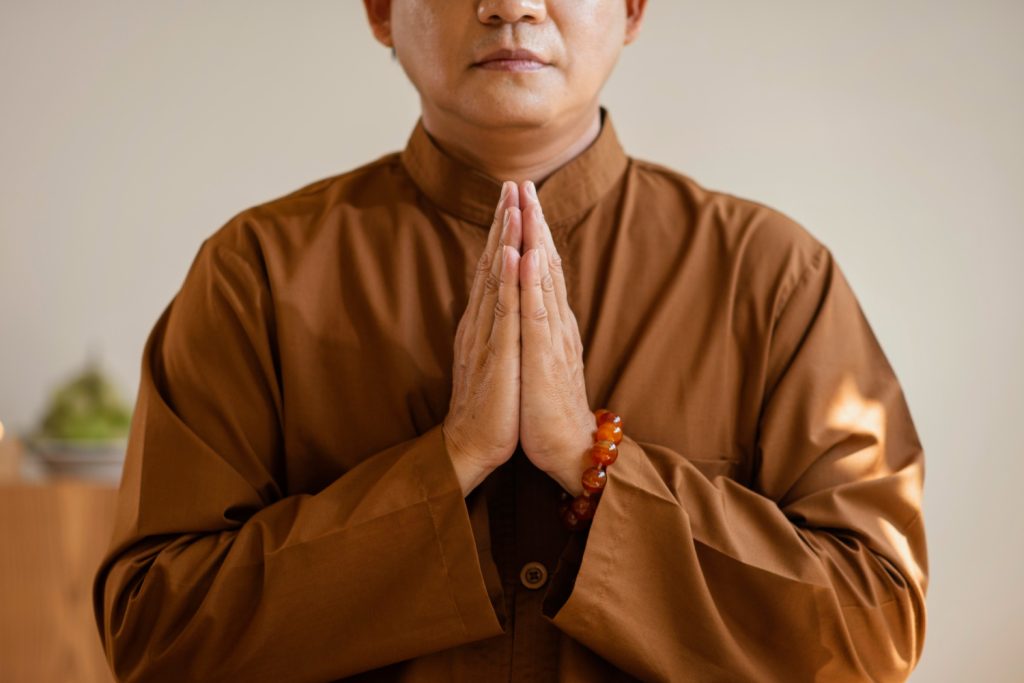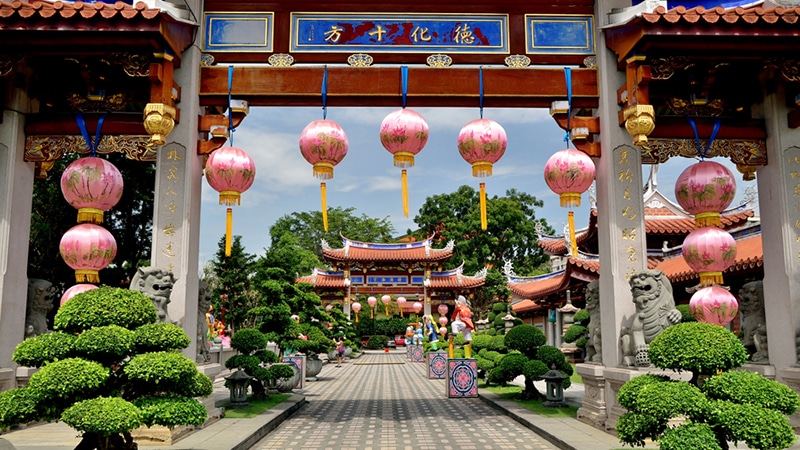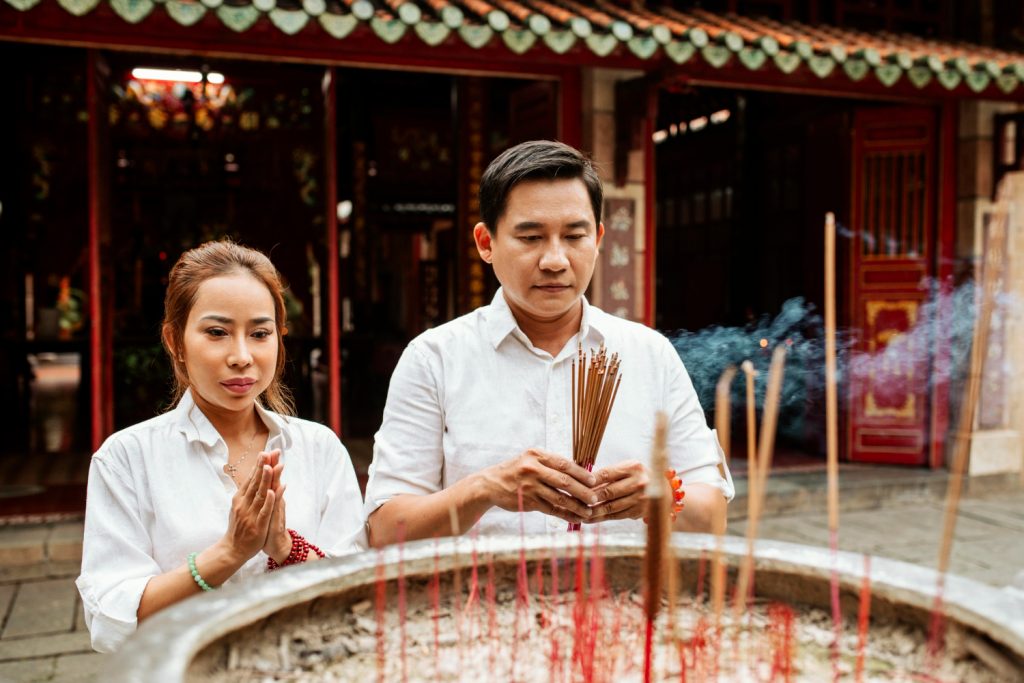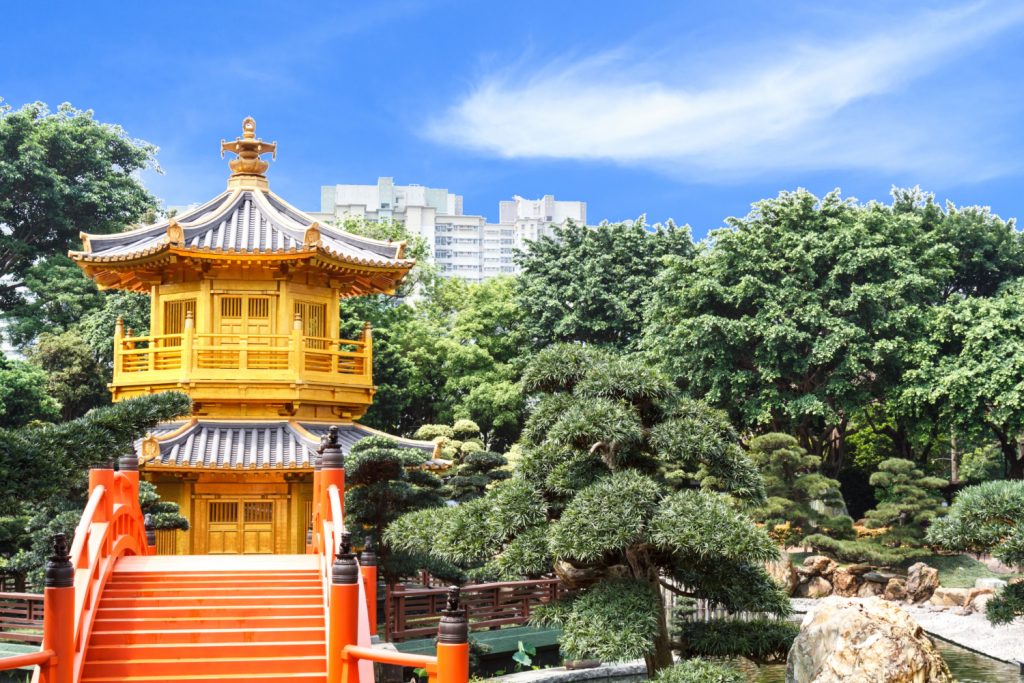
Buddhism holds a prominent place in Singapore’s multicultural landscape. As one of the oldest religions in the country, it has deeply influenced the spiritual, cultural, and social fabric of the nation. Whether you’re strolling through the serene courtyards of ancient temples or witnessing the vibrant celebrations during Vesak Day, the presence of Buddhism is undeniably woven into the everyday life of Singaporeans. This article explores the rich culture of Buddhism in Singapore, tracing its historical roots, understanding its current practices, and pondering its future in an ever-evolving society.
Buddhism’s journey in Singapore began long before the island nation became the bustling metropolis it is today. It was introduced by early Chinese immigrants in the 19th century, who brought along their religious beliefs and practices. During the colonial period, Buddhism continued to grow as more Chinese settlers arrived, establishing temples and monasteries as places of worship and community gathering. Post-independence, Buddhism saw a significant resurgence, with the construction of many new temples and the revitalization of older ones, cementing its place in Singapore’s religious landscape.

Today, Buddhism is one of the major religions in Singapore, practiced by about 31% of the population, according to the 2020 census. The majority of Buddhists in Singapore are of Chinese descent, although there are also significant numbers of Theravada Buddhists among the Thai, Burmese, and Sri Lankan communities. This diverse demographic contributes to the rich tapestry of Buddhist practices seen across the island.
Singapore is home to numerous Buddhist temples and monasteries, each with its own unique history and significance. These sacred sites are not only places of worship but also cultural landmarks that attract both locals and tourists.
One of the oldest Buddhist temples in Singapore, Thian Hock Keng, is an architectural marvel. Built in 1842, it served as a place of worship for Chinese immigrants. The temple’s intricate carvings, colorful tiles, and majestic dragon sculptures reflect the rich Chinese heritage. Today, it remains a vital center for cultural and religious activities.
Located in the heart of Chinatown, the Buddha Tooth Relic Temple is one of Singapore’s most iconic Buddhist temples. It houses what is believed to be a tooth of the Buddha, attracting devotees and tourists alike. The temple’s architecture is a blend of the Tang dynasty style, and it serves as a cultural center, hosting various events, exhibitions, and educational programs related to Buddhism.
As the largest Buddhist temple in Singapore, the Kong Meng San Phor Kark See Monastery is a sprawling complex that plays a significant role in the Buddhist community. Established in 1921, it serves as a place for meditation, religious learning, and community service. The monastery also hosts grand Vesak Day celebrations, which are a highlight for Buddhists in Singapore.

Buddhist festivals in Singapore are vibrant and deeply rooted in tradition, drawing large crowds and offering a glimpse into the spiritual life of the community.
Vesak Day, which commemorates the birth, enlightenment, and passing of the Buddha, is the most significant Buddhist festival in Singapore. The day is marked by prayer services, candlelight processions, and acts of charity. Temples are adorned with decorations, and devotees engage in rituals such as bathing the Buddha statue, which symbolizes purification and renewal.
Although not exclusively Buddhist, the Hungry Ghost Festival is widely observed by Buddhists in Singapore. During this month-long festival, it is believed that the spirits of the deceased return to the living world. Offerings of food, incense, and paper money are made to appease these spirits. Temples and streets come alive with performances and rituals, reflecting a blend of Buddhist and Taoist traditions.
Daily practices among Buddhists in Singapore are diverse, reflecting the various traditions and schools of thought present in the community. Regular temple visits, prayer, and offerings are common practices. Meditation plays a significant role, especially in Theravada Buddhism, where it is seen as a path to achieving mindfulness and inner peace. Additionally, many Buddhists engage in charitable activities, embodying the principle of compassion towards all beings.

Buddhism in Singapore goes beyond personal spirituality; it influences social values and ethics. The emphasis on compassion, non-violence, and mindfulness has permeated various aspects of Singaporean life, contributing to the overall harmony in the multicultural society. Buddhism also plays a crucial role in promoting interfaith dialogue, fostering understanding and peace among the different religious communities in Singapore.
Buddhist education is an integral part of the religion’s presence in Singapore. Several schools and institutions offer teachings on Buddhist philosophy, ethics, and meditation. The Buddhist Library, for example, provides resources and courses for those interested in deepening their understanding of Buddhism. Various Buddhist associations also play a pivotal role in educating the public, organizing lectures, seminars, and study groups.
Buddhism’s influence extends beyond religious practices; it is deeply embedded in the cultural landscape of Singapore. From art and literature to architecture, Buddhist themes and motifs are prevalent. Temples like the Buddha Tooth Relic Temple are not just places of worship but also cultural centers that promote Buddhist art and heritage. Additionally, Buddhist values such as peace, tolerance, and respect for life are reflected in Singapore’s approach to social harmony and multiculturalism.
Engaging the younger generation is crucial for the continuity of Buddhism in Singapore. Many young Buddhists today are finding ways to connect with their faith that resonate with their modern lives. Youth groups, retreats, and online platforms are some of the avenues through which the youth explore Buddhism. These initiatives help in keeping the traditions alive while also allowing for new interpretations and practices that are relevant to today’s world.
Like many religious traditions, Buddhism in Singapore faces challenges in the modern era. Secularization, the fast pace of life, and the appeal of materialism can sometimes lead to a decline in religious practice. There is also the challenge of preserving traditional practices while adapting to contemporary society. However, the resilience of the Buddhist community, coupled with efforts to engage with the younger generation, suggests a hopeful future for Buddhism in Singapore.
In the digital age, Buddhism in Singapore has embraced technology to reach a wider audience. Online platforms, social media, and mobile apps have become valuable tools for spreading Buddhist teachings and connecting with the community. Virtual temples and online meditation sessions have made Buddhism more accessible, especially during times when physical gatherings are not possible.

Buddhism’s teachings on the interconnection of all life have found a voice in the environmental movement in Singapore. Many Buddhist groups are involved in promoting environmental awareness and conservation efforts. These initiatives include tree planting activities, clean-up drives, and educational programs that emphasize the Buddhist perspective on caring for the Earth.
The future of Buddhism in Singapore looks promising, with trends indicating a continued growth in interest, particularly among the youth. As the community adapts to the changing times, there is a strong emphasis on preserving the core teachings while also embracing modern interpretations and practices. The role of Buddhism in promoting social harmony, ethical living, and environmental stewardship will likely continue to be significant in the years to come.
Buddhism in Singapore is a vibrant and integral part of the nation’s cultural and religious landscape. From its historical roots to its modern-day practices, Buddhism has continually evolved, adapting to the changing needs of its followers while remaining true to its core principles. As Singapore continues to grow and change, Buddhism’s influence is likely to endure, shaping the spiritual and cultural identity of the nation.
